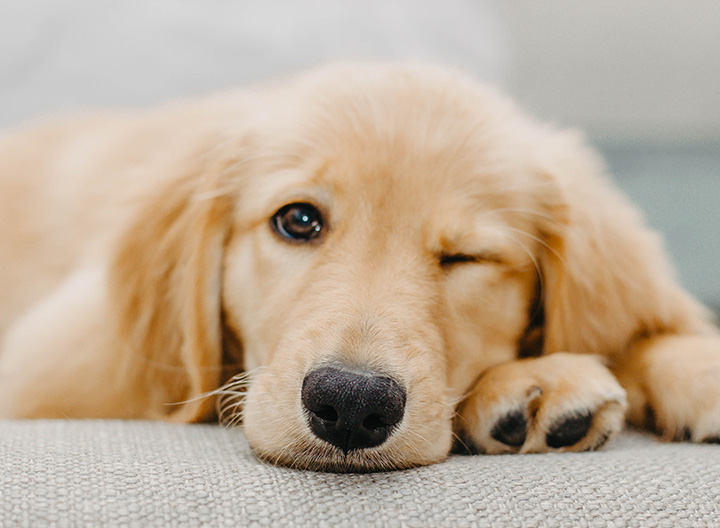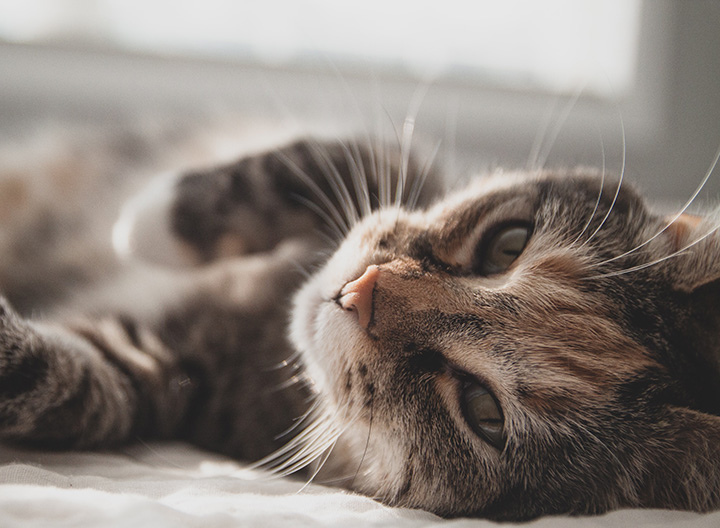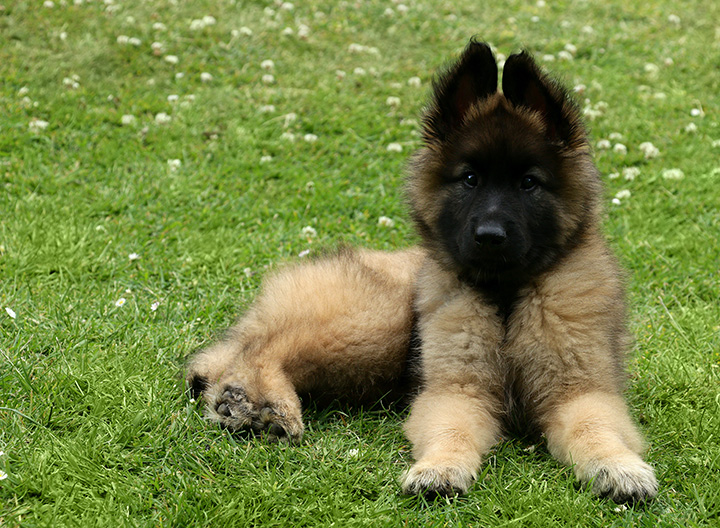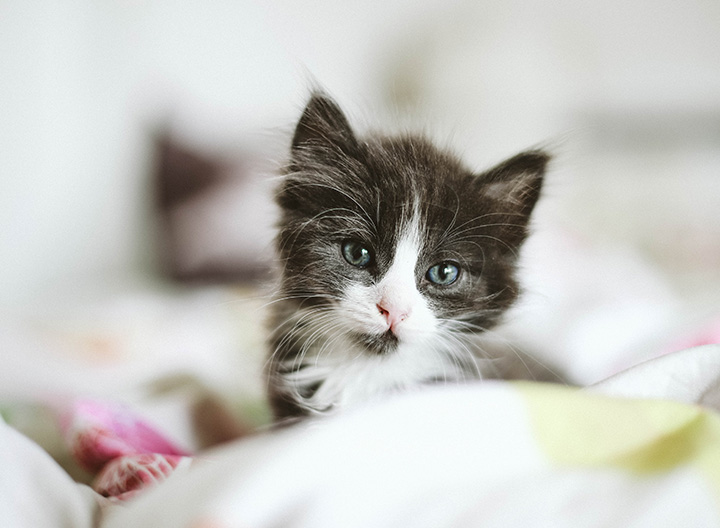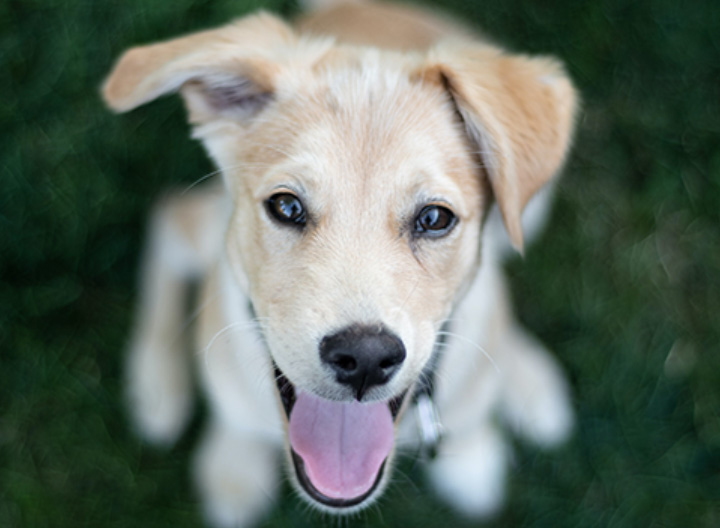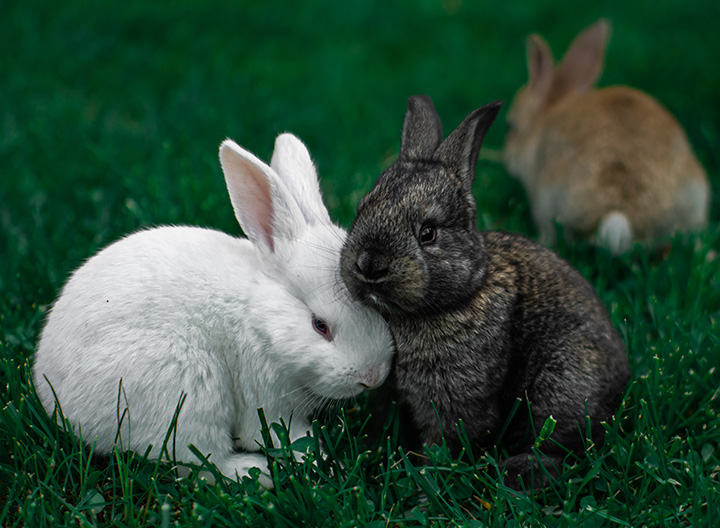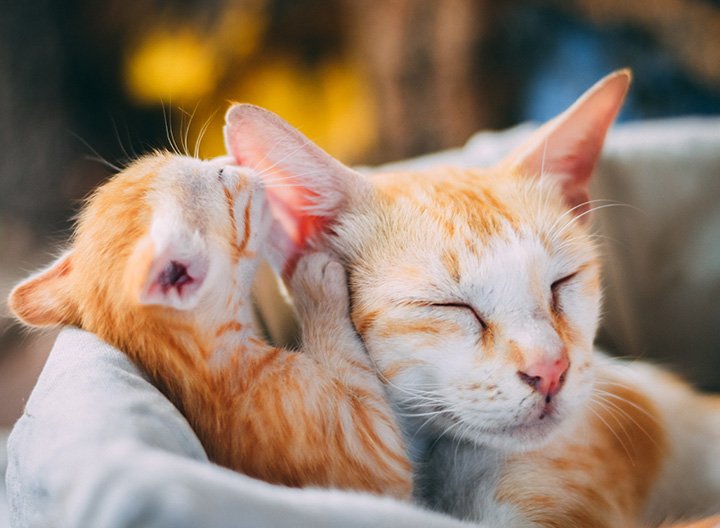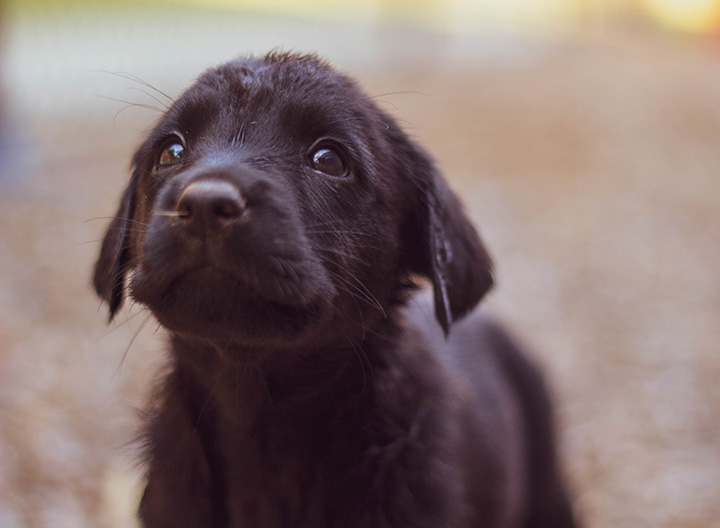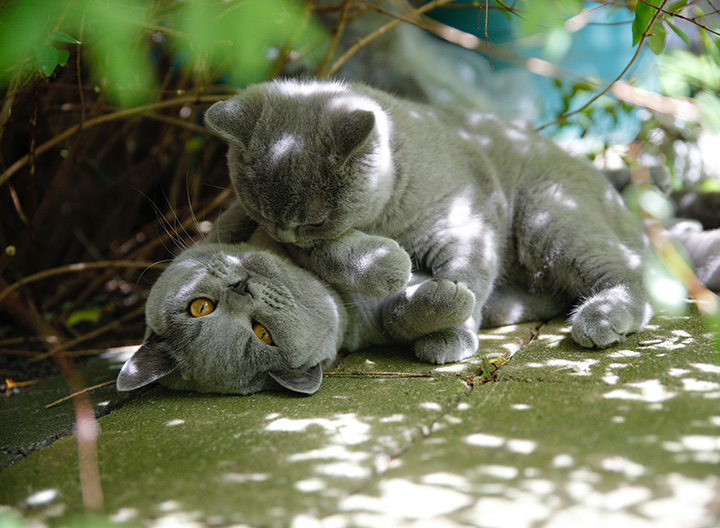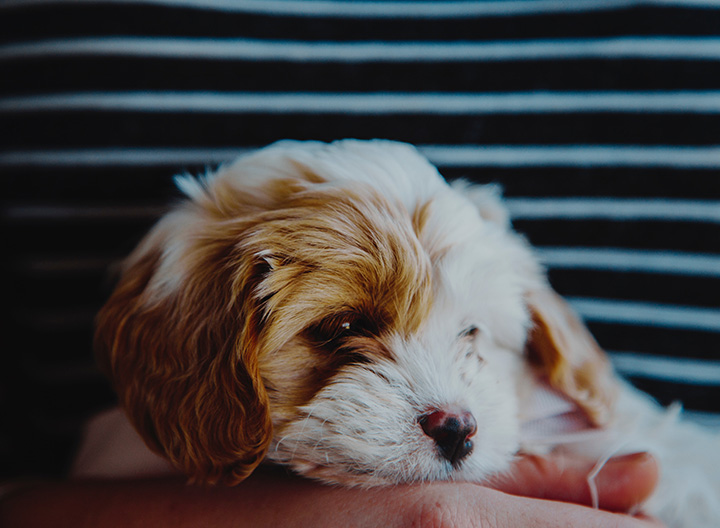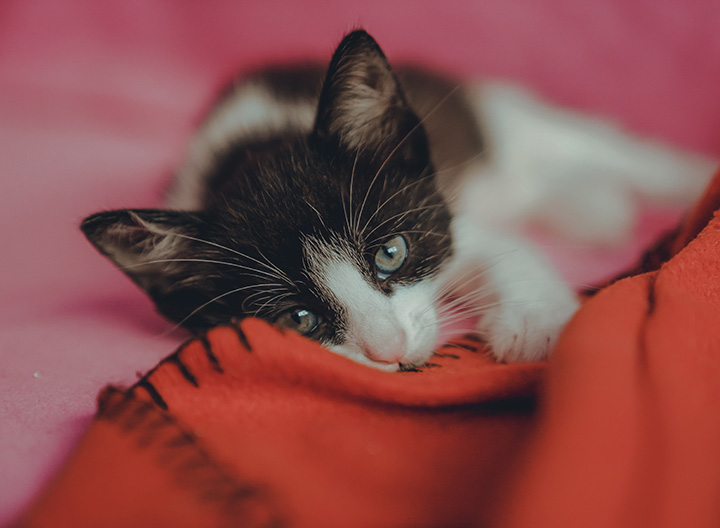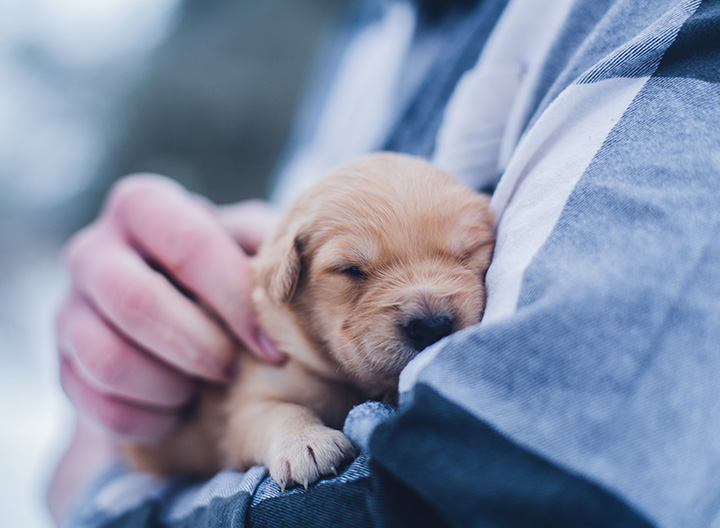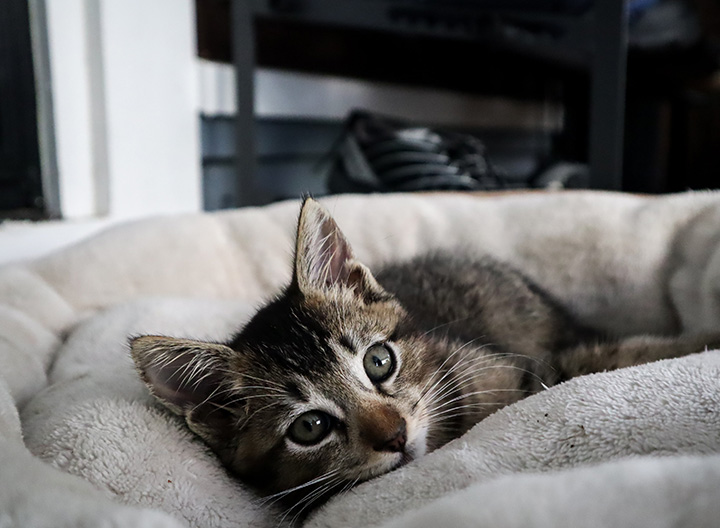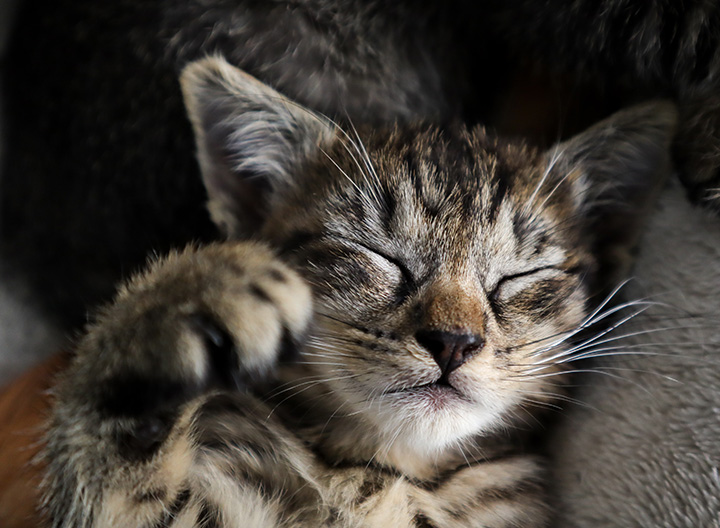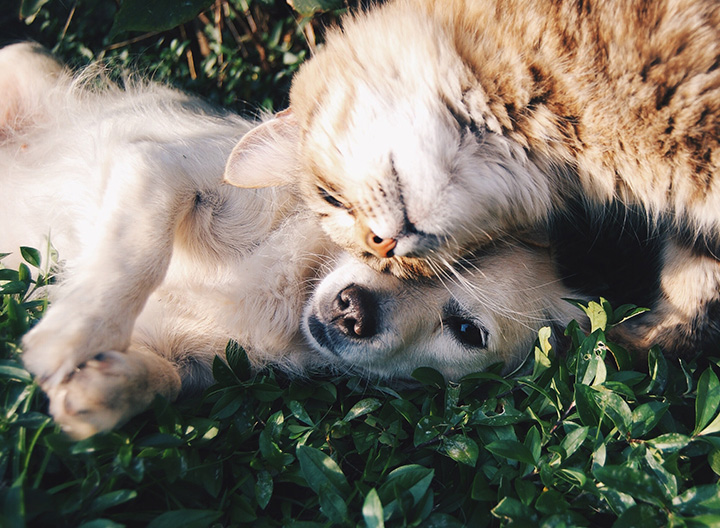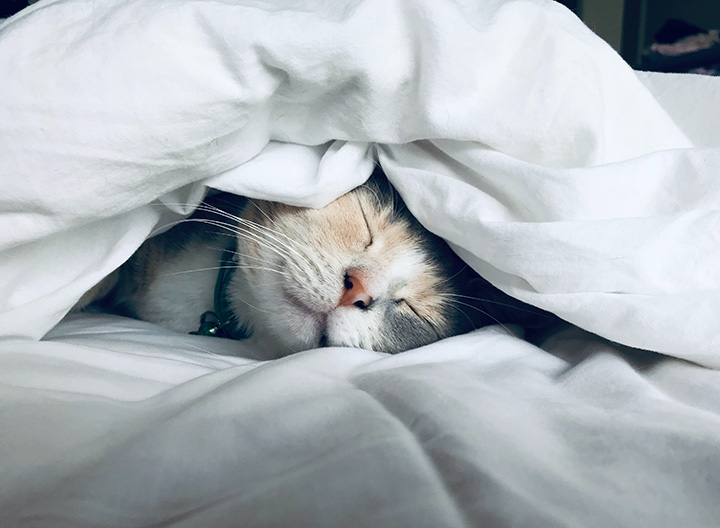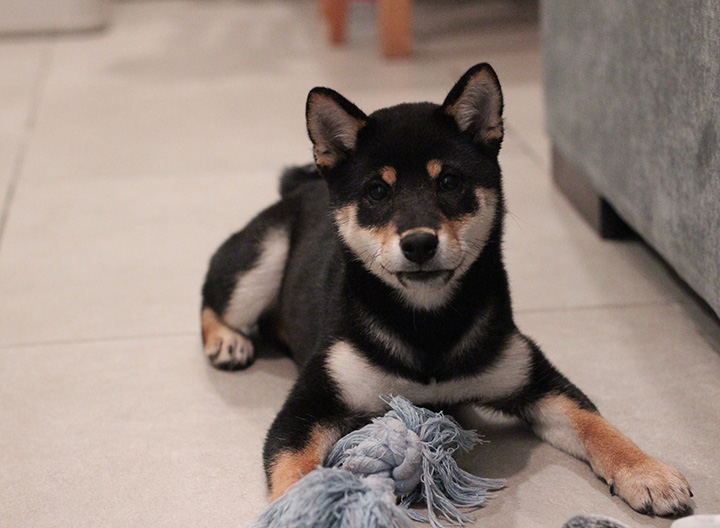Rabbit Advice
Caring for your pet rabbit
Rabbits can make nice pets but they are probably not one of the best choices for young children as they actually require a lot of care and looking after. On average rabbits can live between 8-12 years and is a long term commitment like any pet. Thorough research is always advised before taking on any new pet but here are some basic tips to start you on your journey.
Socialising
Rabbits are highly sociable creatures with great personalities, but they prefer to be in pairs or small groups if neutered. Being housed alone can make them stressed. They need other rabbits to interact with and to be able to display natural behaviours.
Housing and Environment
Rabbits need a lot of space to explore and exercise and need access to a secure run as well as a large hutch to sleep in. They do like to chew and dig and so the run should be rabbit proofed and to also avoid predators getting in. The sleeping area should be warm with plenty of bedding materials such as straw and be dry and draught free.
Rabbits can be kept indoors but you must ensure that your home is safe as they are very inquisitive pets and could potentially chew electrical cables/house plants etc. Mental enrichment in the enclosure will help to keep them stimulated.
Neutering
Neutering is the term used to described the surgical procedure to remove all or part of the reproductive organs to prevent reproduction. This is an irreversible procedure which is performed under general anaesthetic. In females this is known as ‘spaying’ and ‘castration’ in males.
Neutering is recommended for both male and female rabbits and can be done from 4 months of age.
There are many health benefits such as reducing aggressive behaviours, preventing unwanted litters and urine spraying, prevents uterine cancer and also allows bonded pairs or groups to live together safely.
Important Information: Male rabbits can remain fertile for up to 6 weeks after a castration and is therefore advisable to keep separate from entire females during this period.
Nutrition
A good diet is very important to keep your rabbit in a healthy condition. Around 80-85% of your rabbits main diet should consist of a good quality hay or grass followed by a small amount of leafy greens/ certain herbs and a small amount of pellets (depending on breed and size). The pellets should not be a muesli style food to avoid selective eating. Hay is important for good digestion, encouraging natural behaviours and for dental health. Water should be offered from a bowl and a bottle feeder but bowls are better to mimic natural behaviours. Always check that your rabbit has access to fresh water several times a day.
Vaccinations
Rabbits also require vaccinations to protect against Myxomatosis and Rabbit Viral Haemorrhagic Disease (RVHD). This is widespread amongst wild rabbits and is spread via biting insects such as fleas, mites and mosquitoes and direct contact and from environmental contamination. Sadly ,this disease is often fatal.
We also recommend vaccinating indoor housed rabbits as they can also be at risk.
You can vaccinate your pet rabbit from 5 weeks old and we recommended yearly boosters.
Veterinary Care
Keeping your rabbit healthy is very important and correct nutrition, neutering, regular check ups and vaccinating will help avoid many common illnesses such as:
- Dental issues: rabbits teeth grow continually and poor nutrition can cause the teeth to overgrow causing pain and can lead to anorexia
- Flystrike: this occurs when flies lay their eggs on the rabbit's bottom which then hatch to maggots and burrow into the rabbits skin. This is very painful.
- Obesity & Arthritis: rabbits are prey animals and hide pain very well but as they age they too can get arthritis. Obesity can put extra strain on the joints and heart reducing your pets life expectancy.
- Gut Stasis: a potentially life threatening condition leading to bloat.
- Myxomatosis: can be prevented with yearly vaccinations
- Viral Haemorrhagic Disease: can be prevented with yearly vaccinations
The team at Brookend can provide advice and offer regular checks to ensure that your rabbit stays happy and healthy throughout its life.

